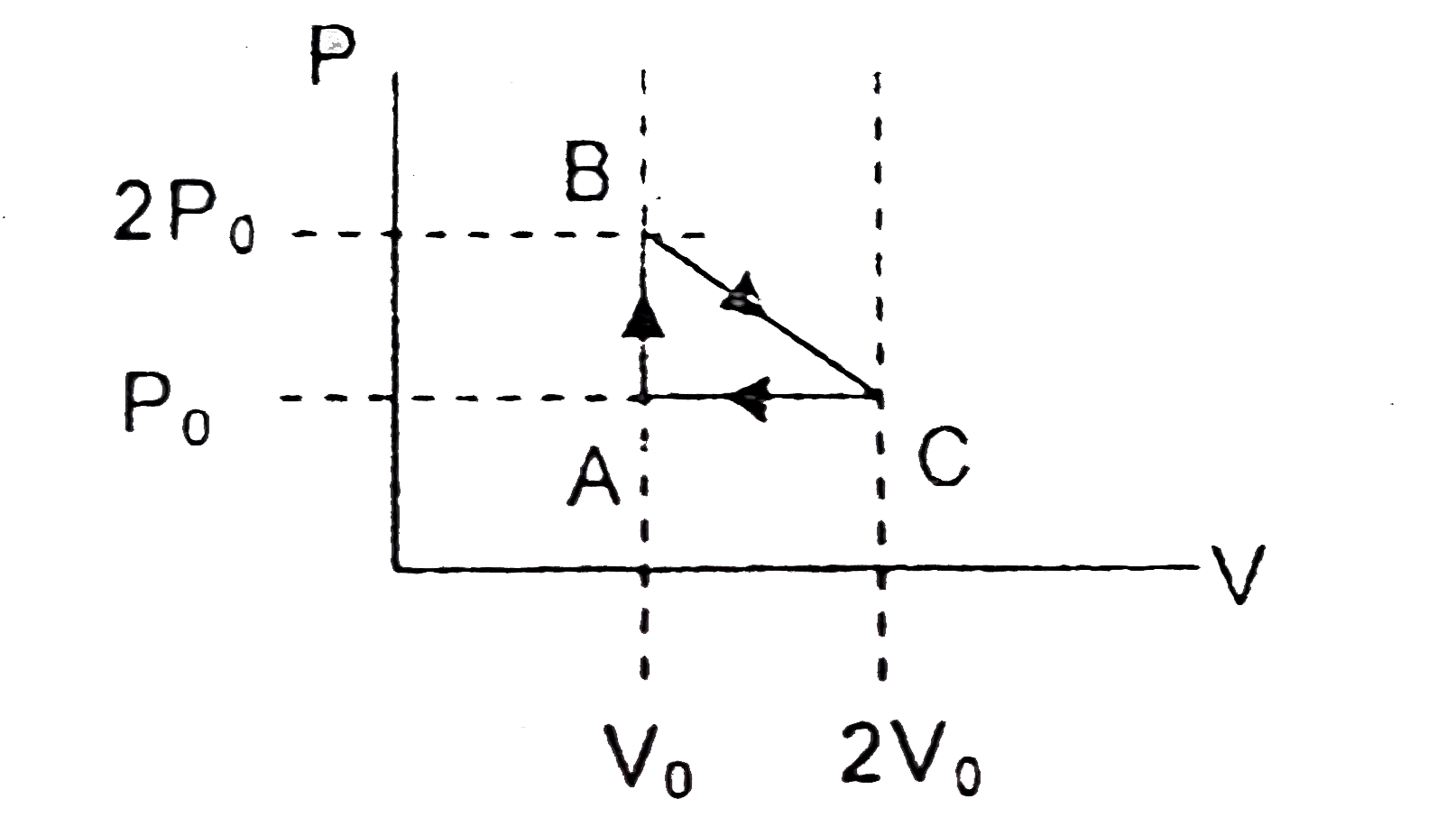In which of the following process highest energy is absorbed?
Cu→Cu+
Br→Br−
I→I−
Li→Li+
The correct Answer is:A
To determine which process absorbs the highest energy, we need to analyze the energy changes involved in each of the given processes.
1. Identify the Processes:
- Process 1: Copper (Cu) to Copper ion (Cu⁺)
- Process 2: Bromine (Br) to Bromine ion (Br⁻)
- Process 3: Iodine (I) to Iodine ion (I⁻)
- Process 4: Lithium (Li) to Lithium ion (Li⁺)
2. Analyze Process 1 (Cu to Cu⁺):
- Copper is an electropositive element and loses one electron to form Cu⁺.
- The ionization energy required to remove an electron from Cu is relatively high due to the effective nuclear charge and poor shielding effect of the d-orbitals.
- Therefore, this process absorbs a significant amount of energy.
3. Analyze Process 2 (Br to Br⁻):
- Bromine gains an electron to form Br⁻.
- This process releases energy, as it involves electron gain enthalpy.
- Thus, it does not absorb energy.
4. Analyze Process 3 (I to I⁻):
- Similar to bromine, iodine also gains an electron to form I⁻.
- This process also releases energy, meaning it does not absorb energy.
5. Analyze Process 4 (Li to Li⁺):
- Lithium, being an electropositive element, loses an electron to form Li⁺.
- The ionization energy for lithium is lower than that of copper, hence it absorbs less energy compared to the copper process.
6. Comparison of Energy Absorption:
- Between the processes that involve absorption of energy (Cu to Cu⁺ and Li to Li⁺), the process of Cu to Cu⁺ requires more energy due to its higher ionization energy.
7. Conclusion:
- The process that absorbs the highest energy is the conversion of Copper (Cu) to Copper ion (Cu⁺).
Final Answer:
The highest energy is absorbed in the process of converting Copper (Cu) to Copper ion (Cu⁺).
- Process 1: Copper (Cu) to Copper ion (Cu⁺)
- Process 2: Bromine (Br) to Bromine ion (Br⁻)
- Process 3: Iodine (I) to Iodine ion (I⁻)
- Process 4: Lithium (Li) to Lithium ion (Li⁺)
- Copper is an electropositive element and loses one electron to form Cu⁺.
- The ionization energy required to remove an electron from Cu is relatively high due to the effective nuclear charge and poor shielding effect of the d-orbitals.
- Therefore, this process absorbs a significant amount of energy.
- Bromine gains an electron to form Br⁻.
- This process releases energy, as it involves electron gain enthalpy.
- Thus, it does not absorb energy.
- Similar to bromine, iodine also gains an electron to form I⁻.
- This process also releases energy, meaning it does not absorb energy.
- Lithium, being an electropositive element, loses an electron to form Li⁺.
- The ionization energy for lithium is lower than that of copper, hence it absorbs less energy compared to the copper process.
- Between the processes that involve absorption of energy (Cu to Cu⁺ and Li to Li⁺), the process of Cu to Cu⁺ requires more energy due to its higher ionization energy.
- The process that absorbs the highest energy is the conversion of Copper (Cu) to Copper ion (Cu⁺).
The highest energy is absorbed in the process of converting Copper (Cu) to Copper ion (Cu⁺).
Topper's Solved these Questions
- PERIODIC PROPERTIES OF ELEMENTSBOOK - VMC MODULES ENGLISHCHAPTER - PERIODIC PROPERTIES OF ELEMENTSEXERCISE - EFFICIENT
50 Videos
- p-BLOCK ELEMENTS-1BOOK - VMC MODULES ENGLISHCHAPTER - p-BLOCK ELEMENTS-1EXERCISE - JEE Advanced Archive
48 Videos
- QUIZBOOK - VMC MODULES ENGLISHCHAPTER - QUIZEXERCISE - CHEMISTRY
30 Videos
Similar Questions
In which of the following processes, heat is neither absorbed nor released by a system?
View SolutionFor which of the following process enrgy is absorbed :
View SolutionA sample of helium is undergoing a cyclic process ABCA as shown. In which of the following processes heat is a absorbed by the gas?

View SolutionWhich of the following bonds has the highest energy?
View SolutionWhich of the following molecule has highest bond energy ?
View SolutionWhich of the following has highest hydration energy ?
View SolutionWhich of the following bonds has the highest bond energy ?
View SolutionWhich of the following orbitals has the highest energy?
View SolutionWhich of the following will have highest bond energy ?
View SolutionWhich of the following bonds has the highest bond energy?
View Solution
